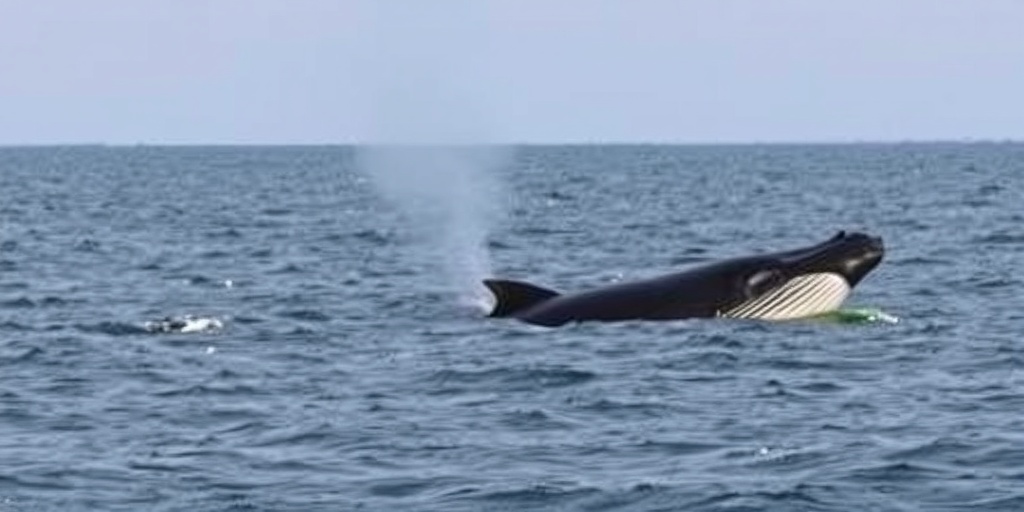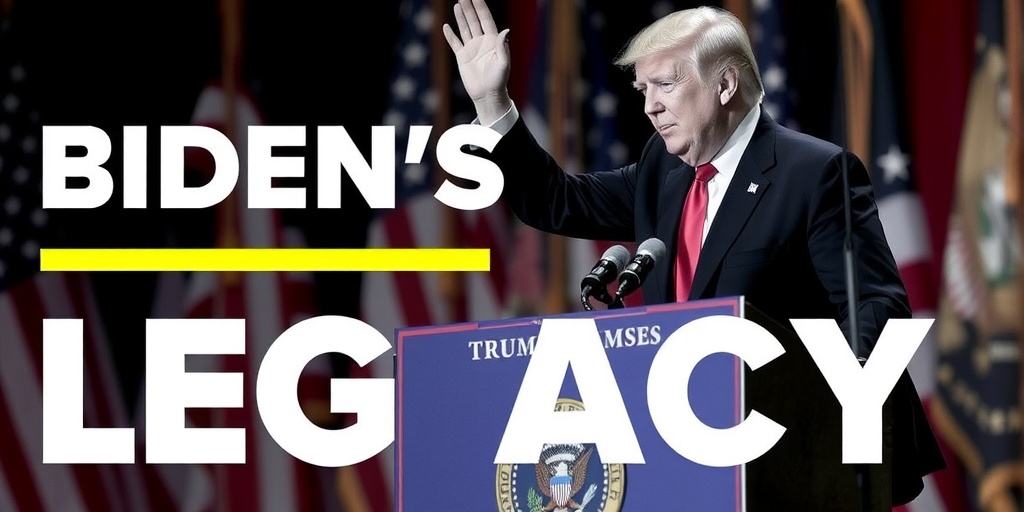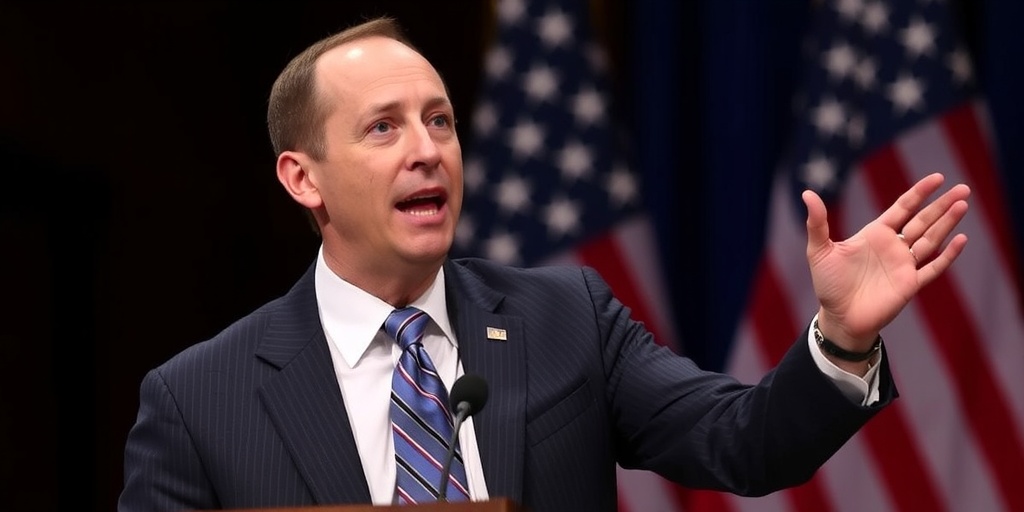Now Reading: Biden Administration Rescinds Protections for Endangered Whales
-
01
Biden Administration Rescinds Protections for Endangered Whales
Biden Administration Rescinds Protections for Endangered Whales

The Biden administration has recently announced the withdrawal of a proposed regulation intended to expand protections for the endangered North Atlantic right whale. This controversial proposal, which would have mandated that certain ships along the Eastern Seaboard reduce their speeds, has been subject to intense public debate and scrutiny over the past several months.
The North Atlantic right whale is one of the most endangered marine mammals in the world, with current estimates indicating that there are only about 370 individuals left. These whales have often suffered injuries or fatalities due to collisions with vessels along the coast. In August 2022, the National Marine Fisheries Service (NMFS) introduced a proposal aimed at significantly lowering the risk of such deadly strikes. This included expanding existing slow zones where vessel speeds are restricted and applying these regulations to a broader range of ship types.
However, as the Biden administration approaches its transition period, conflicting interests have emerged that have ultimately led to the withdrawal of this much-debated proposal. The NMFS reported receiving over 90,000 public comments on the proposed changes, indicating a strong engagement from various stakeholders, including industry representatives, conservationists, and local communities. Given the overwhelming volume and complexity of the feedback received, the agency stated, “Despite its best efforts, NMFS does not have sufficient time to finalize this regulation in this administration due to the scope and volume of public comments.” This withdrawal was officially communicated in a filing published in the Federal Register.
The issue of ship speed regulations has been particularly contentious in Massachusetts, a state with a vast coastline and a critical fishing industry that heavily relies on maritime operations. Advocates for the marine life have clashed with local business interests, highlighting the delicate balance between environmental conservation and economic sustainability. Massachusetts Governor Maura Healey voiced her support for the administration’s decision to retract the proposal, framing it as beneficial for the local economy. She expressed optimism about future endeavors to protect the right whales while maintaining economic viability for businesses on Cape Cod and the nearby islands.
Critics of the policy change, however, have been vociferous in their condemnation. Environmental advocates argue that this withdrawal exacerbates the already precarious situation for North Atlantic right whales. Jessica Redfern, a conservation scientist with the New England Aquarium, lamented the decision, stating, “Failing to implement stronger vessel-strike protection measures puts these animals at further risk of extinction. To survive, right whales require immediate, decisive, and effective solutions to protect individuals from preventable deaths.”
Since 2017, the NMFS has documented 15 fatal and seven nonfatal vessel strikes involving right whales. However, these figures might not fully reflect the actual number of fatalities, as many whale deaths go unrecorded or undetected. The potential retreat from stricter regulations is particularly worrisome for conservationists, who fear that without immediate action, the North Atlantic right whale could face accelerated declines toward extinction.
Despite the withdrawal of these proposed regulations, some restrictions will remain in force. Existing slow zones and limitations on the speed of certain classes of ships will continue to protect specific areas, which include waters off Cape Cod, various bays in the Mid-Atlantic region, and a significant portion of the coastlines of South Carolina and Georgia.
Looking to the future, the incoming administration of President-elect Donald J. Trump is expected to deprioritize similar environmental initiatives. Trump has publicly criticized various environmental protections, framing them as impediments to economic growth and development. Additionally, he has made unfounded claims regarding the impact of offshore wind farms on whale mortality, despite no scientific evidence supporting these assertions. Trump’s stance suggests that any future measures aimed at strengthening protections for endangered species like the North Atlantic right whale could face significant opposition.
The withdrawal of the proposed vessel speed regulations represents a formidable challenge for the conservation of North Atlantic right whales, a species already on the brink of extinction. As the discussion surrounding this topic evolves, the balance between environmental stewardship and economic interest will continue to be tested. The future of this iconic marine mammal hangs in the balance, underscoring the urgent need for comprehensive protective measures and collaborative efforts between all stakeholders involved.
Stay Informed With the Latest & Most Important News
Previous Post
Next Post
-
 01New technology breakthrough has everyone talking right now
01New technology breakthrough has everyone talking right now -
 02Unbelievable life hack everyone needs to try today
02Unbelievable life hack everyone needs to try today -
 03Fascinating discovery found buried deep beneath the ocean
03Fascinating discovery found buried deep beneath the ocean -
 04Man invents genius device that solves everyday problems
04Man invents genius device that solves everyday problems -
 05Shocking discovery that changes what we know forever
05Shocking discovery that changes what we know forever -
 06Internet goes wild over celebrity’s unexpected fashion choice
06Internet goes wild over celebrity’s unexpected fashion choice -
 07Rare animal sighting stuns scientists and wildlife lovers
07Rare animal sighting stuns scientists and wildlife lovers





















